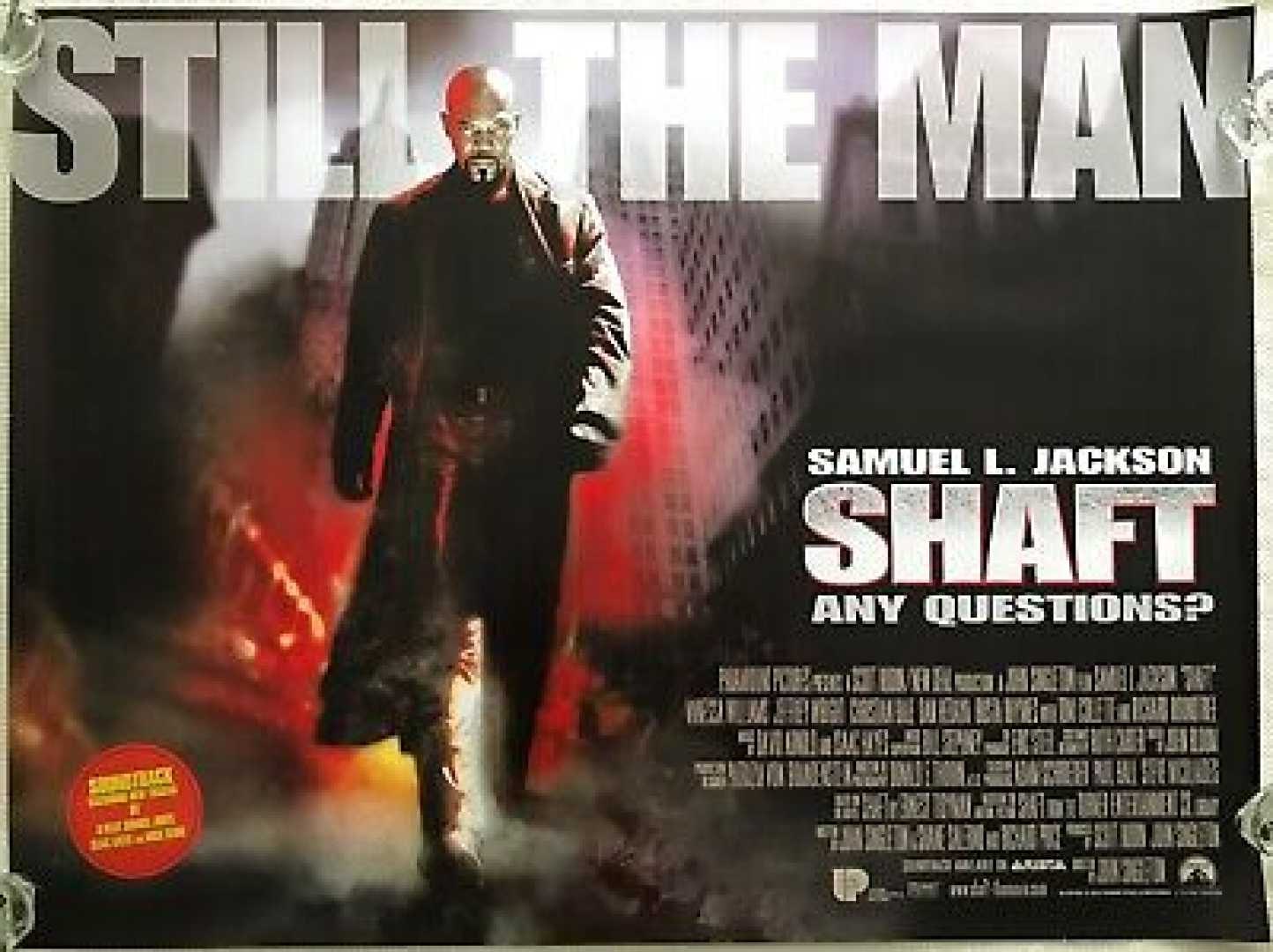Entertainment
Review: ‘Shaft’ Struggles to Balance Legacy and Modern Storytelling

NEW YORK, NY — In 2000, the much-anticipated revival of the iconic character Shaft, directed by John Singleton, struggled to resonate with audiences as it attempted to reboot the original film’s legacy. While the 1970s Shaft redefined the black leading man, the updated version faced criticism for not capturing the same cultural significance.
The latest iteration stars Samuel L. Jackson as John Shaft, a tough NYPD detective. The film centers around Shaft’s mission to bring Walter Wade Jr. (Christian Bale) to justice after Wade’s violent act leads to the death of a young black restaurant patron, played by Mekhi Phifer. As Wade benefits from his wealthy family’s resources, he evades justice, prompting Shaft to take matters into his own hands.
Despite Jackson’s strong performance, which channels the character’s no-nonsense persona, critics claimed that the screenplay, penned by Singleton, Richard Price, and Shane Salerno, reduced Shaft from a revolutionary figure to merely another vigilante hero. Instead of maintaining the character’s complexity, the film follows a conventional cop drama format, lacking the grit and depth of the original trilogy.
In the film, Shaft’s battle against a corrupt justice system is evident, as he brutally confronts suspects. However, unlike his predecessor, who was characterized by an outsider mentality, this Shaft occasionally relies on police colleagues, including Carmen Vasquez (Vanessa Williams), undermining his role as a lone wolf detective. The film’s depiction of Shaft also lacks exploration of his personal life, with hints of womanizing present but largely sidelined in favor of his relentless pursuit of justice.
Bale delivers a chilling performance as Walter Wade Jr., portraying a privileged individual with a disdain for authority. His character provides a compelling antagonist, showcasing the moral complexities that arise from his background. The initial tension between Shaft and Wade sets the stage for a cat-and-mouse dynamic that highlights systemic issues within the legal system.
However, secondary characters, particularly Jeffrey Wright as drug lord Peoples Hernandez, overshadow Bale’s performance. Peoples’s dynamic presence and charismatic antics create more memorable moments, detracting from Wade’s role as the main villain. This shift in focus may have contributed to the film’s mixed reception upon release.
Shaft (2000) ultimately garnered a 67% rating from critics on Rotten Tomatoes, a testament to the film’s failure to capture the zeitgeist of its groundbreaking predecessor. The movie’s attempts to address social issues were overshadowed by a lack of cohesive storytelling, leaving audiences craving the raw energy that defined the original character. For viewers interested in this modern take, Shaft is currently available for streaming.












